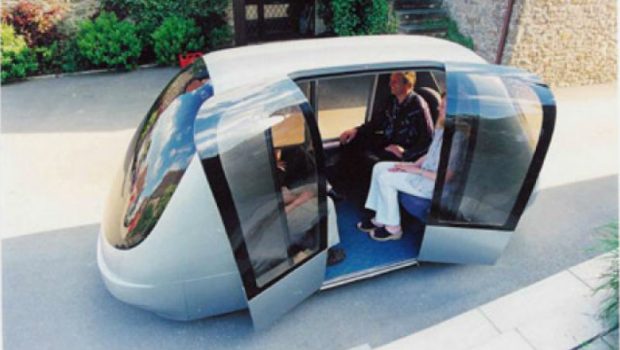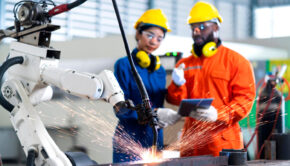The Effect of Increasing Technology on Automotive Industries
As cars get smarter and smarter each year, boasting the latest in autonomous safety systems and in-car tech from their respective manufacturers, one might assume we’re heading towards a better future for the automobile. Cars, in general, will get better and safer in time, not to mention cleaner.
The central automotive industry may experience a major boom but some supporting industries revolving around it will diminish or even disappear altogether as self-driving cars become ubiquitous. Not everything is as straightforward as it seems. Even the smallest change can have a chain reaction stretching for decades.
Questions for the Automotive Insurance
At the moment, automotive insurance is a massive industry. It employs thousands of people and takes care of any payouts and accident settlements for all road users.
When talking about the future of the automobile, we’re imagining this perfect world of fast, safe and reliable means of transportation, but one cannot simply overlook insurance policies even in this utopia. If in the next 10, 20, or even 30 years, cars really do become self-driving and fully autonomous, what will happen to insurance companies?
At the moment, driver error and accidents are what drives insurance companies the world over. Now, if you can picture a completely autonomous vehicle driving itself, with no one behind the wheel, who is to blame in the event an accident does happen?
Yes, the accident rate will probably get as close to 0% as possible, but it will never entirely dissipate. Either due to a computer malfunction or external factors, at least some self-driving cars will crash at some point in the future. Who will take the blame then? Is it the manufacturer? Surely it can’t be the owner of the car, as he won’t be behind the wheel. Does the insurance company have to pay out money to the owner or the manufacturer?
More to the point, what will be the use of insurance companies at all? As cars get more complex they’re prone to failure, so an accident can be the result of a failed system. In such a world, insurance could skyrocket until it becomes almost unaffordable for many people. The insurance industry, if it is to survive, is going to need to significantly evolve over the next ten to twenty years.
The Aftermarket Product Industry in Crisis
The aftermarket industry is massive. It’s currently bigger than ever, with most recent estimates suggesting it’s worth $350 billion in the U.S. alone. It employs around 4.2 million people in various manufacturers, distributors, and retailers around the country. We already know that modern cars aren’t as tunable as cars from just 20 or even 10 years ago. As they get more and more sophisticated, the need for aftermarket parts slowly vanishes.
Take a look at the Tesla Model S for instance. It’s fully electric, so it has no need for an aftermarket exhaust, intake, injector, or any other internal-combustion engine component. Now imagine a world full of electric vehicles only. Over half of the current aftermarket products will become useless and unnecessary.
Naturally, people will still find ways to modify their cars through suspension components, wheels, brakes and so on, but the market will be considerably smaller. How much smaller? Well, it depends on where the car is headed in the next decade or so, and even industry experts cannot fully agree on this.
One thing is sure, however. The insurance rates on modified vehicles will almost certainly increase three or even fourfold, which will, in turn, reduce aftermarket sales as people are turned off by the higher expense.
Where Will Professional Drivers Go?
Forget race car drivers for a moment, as racing is a spectacle more than anything else. It’s entertainment, and we’re sure it will survive in one way or another. No, we’re talking about actual driving jobs such as truck, van and taxi drivers.
If cars become self-driving, will the need for truckers and taxi drivers be completely eradicated? Truck drivers make for a large amount of the current job market in the U.S. alone, not to mention worldwide. With autonomous trucks, the world could be potentially facing a disaster if every truck driver loses his job in a relatively short period of time. It won’t be just a disaster, but utter chaos.
You could argue that a lot of new positions created by the future market will open up, but converting such a large crowd of people into something entirely different will be almost impossible. It will take time and effort, and we’re talking 10 to 20 years at the very least. Though we’re still a long way off from completely eradicating professional drivers, it’s a big concern and an issue we have to solve before we move on.















